In this article
View 8 More +The Toy Poodle is an amazing small breed that has certainly made a mark on the world. They have grown in popularity since their humble beginning and have now been used for a variety of purposes. Not only can an adorable Toy Poodle serve companionship to their owners, but they are also used in a number of breeding programs to create lots of Doodle hybrids.
If you are interested in the Toy Poodle dog breed, hopefully, we have all the information you need to get a good understanding of what it’s like to own one of these compact little cuties.
Breed Overview
Height:
Less than 10 inches
Weight:
4–6 pounds
Lifespan:
10–18 years
Colors:
Apricot, Black, Blue, Brown, Cream, Red, Silver, Silver Beige, White, Cafe Au Lait, Gray, and mixed colors.
Suitable for:
Any canine-loving home
Temperament:
Intelligent, affectionate, attached
The Toy Poodle was developed much later than their standard siblings in 20th-century America. These pups have roots in European countries, especially France, and took quite a few years to develop into the dog we know and love today.
These little dogs have the classic curly Poodle coat and weigh approximately 4 to 6 pounds as adults. As with many small dogs, owners enjoy the size of the Toy Poodle because they are easy to carry around and suitable for small living spaces.
Toy Poodle Characteristics

Toy Poodle Puppies
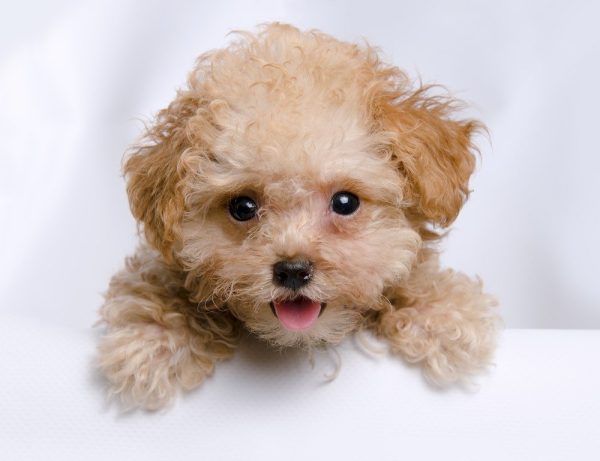
Lookout! The Poodle is known for being one of the smartest of all the canines. From birth, a Toy Poodle will develop and grow rapidly, mentally and physically. There are several sizes of Poodle, but the Toy variation is one of the most sought-after. These adorable tiny pups only weigh roughly 3.5 ounces when they are born. Just imagine these miniature angels!
Quickly, they grow and develop and are ready for their new homes around 8- 12 weeks of age. Taking a puppy home any younger than 8 weeks could have a negative impact on their behavior. It’s very important to choose a reputable, licensed breeder with a history of healthy litters. Your puppy’s parents should have had health screening and genetic tests to reduce the risk of inherited disease in your puppy. Since this dog is very popular, they fall victim to backyard breeding.
If you get a Toy Poodle, you should always make sure that you check with the breeder to see what testing and vetting have been done up to this point. It is also important to review and get a feel for the parents’ personalities so you can see what to expect out of your own puppy. Make sure their parents are well cared for, as you don’t want to support an unethical breeder.
If you are in the market to adopt, a Toy Poodle would make an exquisite choice. You can always check with local shelter and rescue facilities to see if they have any Toy Poodles that need a new forever home.
Be very careful of pet shops and pushy or elusive breeders. With Toy Poodles being a common pure breed that is sought after, many people will sell these dogs for profit without properly caring for the mother or litter. It is important that we understand how to recognize these types of sales so we can avoid them.

Temperament & Intelligence of the Toy Poodle
When it comes to the Toy Poodle’s temperament, this breed is notorious for being just as intelligent as the standard variety. These little dogs train very easily, although they can learn to bend the rules if you are inconsistent with your training. Being very smart means they can learn to train their owner and not the other way around!
The Toy Poodle is extremely aware and intuitive. They bond very well with their human families and can get along with just about any type of animal you have in the home. Rather than being aggressive or overbearing, the Toy Poodle is often gentle and complacent.
This little dog is definitely not one of independence. They heavily rely on their owners for stimulation, affection, and anything else. They form strong bonds with their family, which may lead them to develop separation anxiety. From the start, they should be rewarded for independence and learn to be alone for short periods. These dogs are best suited for family members who will be able to spend a lot of time with them. Despite their small size, they are very energetic, and without exercise or mental stimulation, they can learn bad habits.
Are These Dogs Good for Families? 👪
The Toy Poodle is not for families who will be away from home for long periods of time. These dogs very frequently and very easily develop separation anxiety. Because they are so glued to their owner’s hip, they make very good companions for active retirees or those who work from home.
You don’t really have to worry about the size of your home, either. These dogs don’t take up much space, making them perfect for apartment living and even tiny homes. This is also the kind of dog you can tow around in a bag or backpack without breaking your spine, although we’re sure, for the most part, they would prefer to walk.
Since Toy Poodles are so affectionate and tiny, they make perfect additions to homes with smaller children. Smaller children should always be supervised with any dog and each should learn proper respect. Even a 2-year-old could seriously hurt a Toy Poodle due to their clumsiness and size difference.
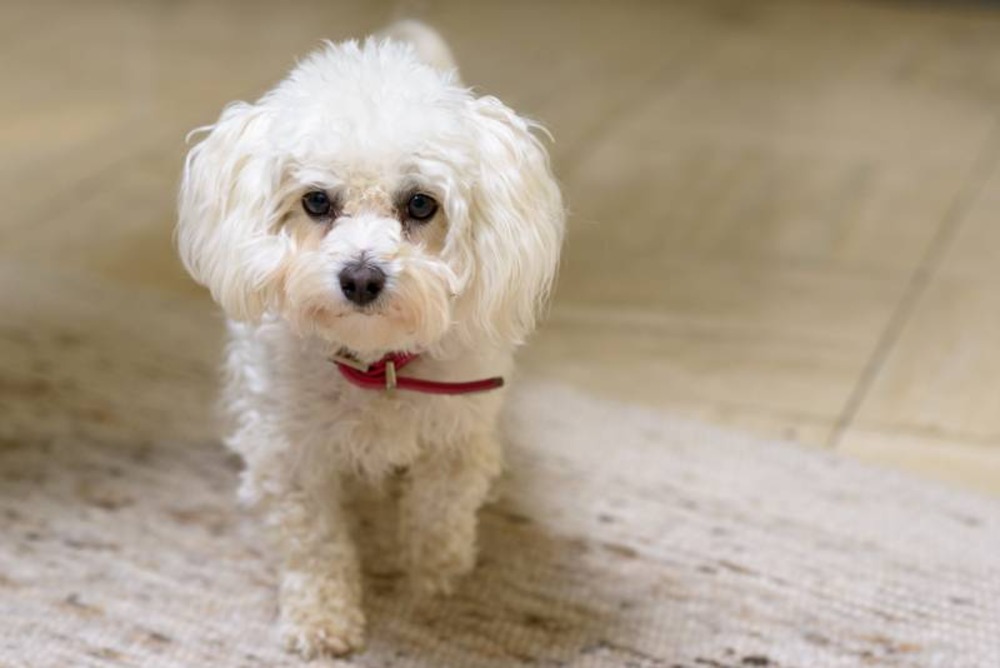
Does This Breed Get Along With Other Pets? 🐶 😽
Toy Poodles can be amiable with other dogs if they are socialized from an early age. They are more people-focused than dog-focused. They are sometimes intimidated by larger dogs, particularly if they have had a bad experience, which could lead to them snapping out of fear. We recommend choosing pets that are well-matched in size, as a larger dog could injure a Toy poodle simply by accident.
Only you know your dog’s temperament so use your best judgment. Make introductions to other pets gradually and safely.

Things to Know When Owning a Toy Poodle
Food & Diet Requirements 🦴
Feed your Toy Poodle a nutritionally complete diet for their age. Puppies need extra calories and protein for growth, so feed a puppy diet until they are around 12 months old. When they are ready, you can gradually switch to food.
One thing to note is that Toy Poodles don’t need a lot of food. They are generally not food-obsessed, either. Since many owners misjudge how much to feed them, this can lead to Toy Poodles turning down meals and being seen as fussy eaters.
Ask your vet how much you should feed your Toy Poodle each day. However, if they turn down a meal and are healthy otherwise, don’t reward the behavior with more tasty food. This will lead to unhealthy eating habits.

Exercise 🐕
If you’re the kind of person who has a moderately active lifestyle, the Toy Poodle might be perfect for you. These little dogs might love running and playing, but they tend to burn out their energy pretty quickly.
On average, these dogs need between 45 minutes to 1 hour of exercise per day. You can take them on brisk walks or let them run around an enclosed environment. They will love barking and playing, burning off some steam.
Keep in mind that these dogs can tucker out pretty quickly. They can also get overheated or very cold in extreme temperatures. Since they don’t have a lot of body weight to keep them warm, you should put sweaters or raincoats on when taking them out in inclement weather.
Training 🎾
The Toy Poodle is easy to train. They are incredibly intelligent and can absolutely pick up even complicated commands. They are also extremely eager to please, which is why they have a reputation as performing or circus dogs.
If your training is inconsistent, or you tend to be a pushover, they can also walk all over you because they are so intelligent. Many of them also know they are the tiny baby of the family and take advantage of any favoritism or special treatment.
So, before getting a Toy Poodle, make sure your dog training skills are up to scratch, and remember they are learning all the time. Giving into stubborn or attention-seeking behavior is a sure way to be trained by your pet.
Grooming ✂️
Grooming is an incredibly important part of Poodle care. Poodles rarely shed and are considered hypoallergenic. No dog is 100% hypoallergenic since they all produce allergens, but low-shedding breeds will spread fewer allergens in the environment. This low-shedding trait is partially why Poodle mixes have become so popular.
While they might not shed frequently, they have long, curly coats that need daily brushing. If you leave any part of their coat long, it will require frequent maintenance. Generally, you can brush them with a slicker brush to help eliminate tangles and evenly distribute their natural oils.
Owners of curly dogs usually like to take their pets to the groomer. A professional groomer can pamper your dog while taking a lot of the headache out of it for you. You typically take your dog once every 4 to 6 weeks to get them washed, clipped, and other extras.
Weekly ear cleaning, nail trims every month or so, and teeth brushing should all be part of your grooming routine. Wipe their eyes every day or so to avoid tear staining. This keeps your Toy Poodle comfortable, healthy, and happy.
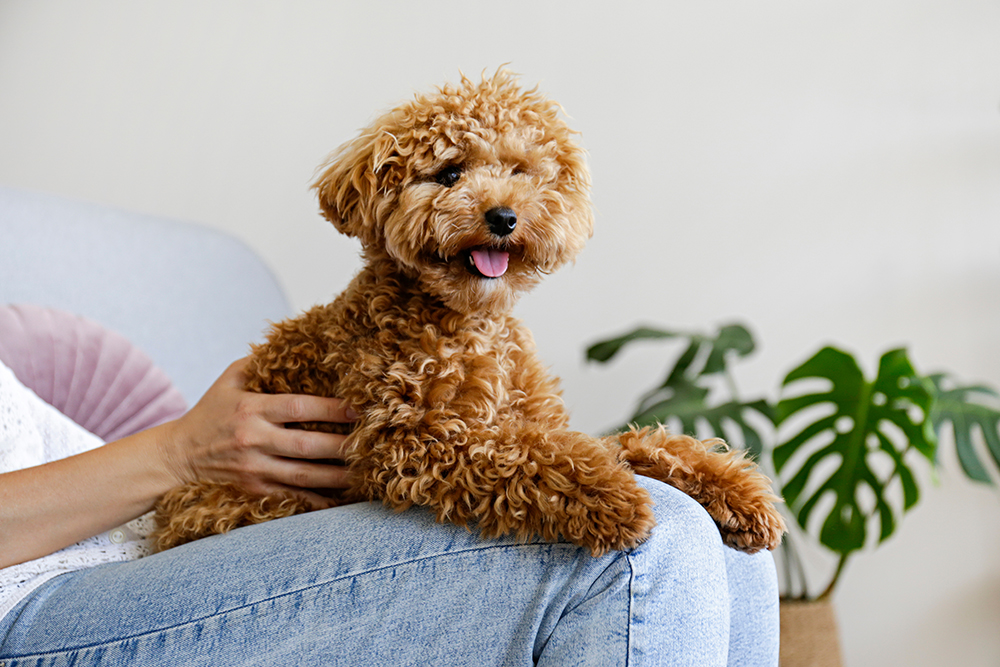
Health and Conditions 🏥
To ensure the longevity of your dog, it is very important to keep up with routine vet visits. During your Poodle’s first year of life, they will have many encounters with their vet during processes like parasite prevention, vaccinations, spay or neuter surgery, and microchipping.
Like any dog, the Toy Poodle can experience certain genetic health issues. However, with proper breeding, good care, and a bit of good luck, they can live long, healthy lives. The full grown Toy Poodle can have an impressive lifespan, extending beyond 15 years in some cases. Some common problems to look out for include:
- Allergies
- Hip dysplasia
- Progressive retinal atrophy
- Epilepsy
- Hypoglycemia
- Collapsed trachea
Male vs. Female
You might not be able to tell a male from a female just by a first glance. They are both very small, and it could be difficult to gauge the sex based on size. However, the males do tend to weigh a little more than the females.
After sexual maturity, females will enter their heat cycles, and males will become sexually mature themselves. Most vets recommend that you get them fixed before they reach this age to avoid unwanted behaviors. Females in heat cycles will bleed. So, if you don’t get your dog fixed before they enter the cycle, it is important to keep a diaper or other protective layer on them to prevent staining in the home.
Males might start mounting random stuffed animals, pillows, or other objects. They might also start marking their territory by peeing all over your home.
Aside from the mess and behaviors, spaying and neutering have health benefits. They also prevent accidental litters, which could contribute to the problem of dog overpopulation.

3 Little-Known Facts About the Toy Poodle
1. Toy Poodles can learn just about anything.
Toy Poodles are one of the easiest to train small dog breeds. They excel in many forms of training, including agility and other sports.
2. Toy Poodles are not truly hypoallergenic.
There is a common misconception that Poodles are completely hypoallergenic. While it’s true that they are much less triggering than other breeds, they might still be problematic to people with allergies.
Also, just because someone mixes a Poodle with another breed, this does not mean that the litter will be completely hypoallergenic, either. They very well could take on traits of the other parent, meaning they will shed allergens just as much as any other dog.
3. Toy Poodles are Velcro dogs.
A Toy Poodle is considered a Velcro dog. They are very attached to their owners and dislike being alone. They can also make exquisite purse dogs, as they enjoy being toted around like the princesses and princes they are.

Final Thoughts
So now you know a little bit more about the Toy Poodle. This compact little dog is incredibly intelligent and certainly companionship material. They will get along with just about anyone and can mix well with other small dogs if they are well-socialized. This makes them suitable for various families and living spaces.
What was your favorite of all the interesting things you learned about this particular breed?
See also:
- Can Dogs Eat Peanut Butter? Is It Good for Them? Vet-Reviewed Health Facts
- Do You Have a Food-Obsessed Dog? Here’s How to Work Through It (Vet Approved)
- Are Poodles Good With Kids? Vet-Approved Family Dog Guide
Featured Image Credit: Mykhaylo_Kozelko, Shutterstock


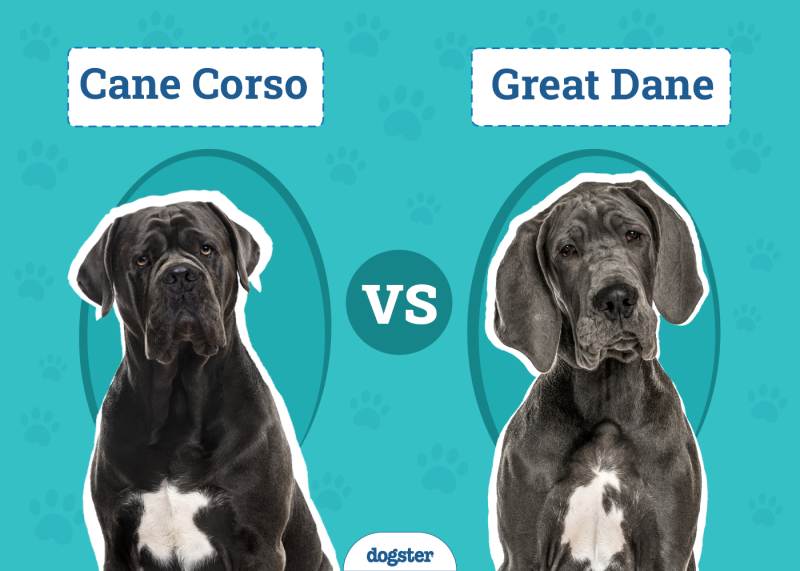

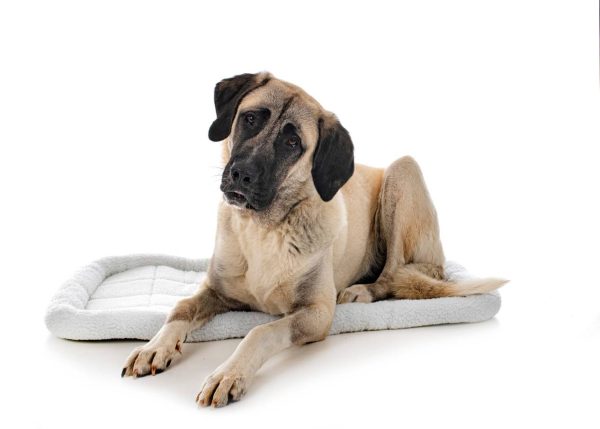
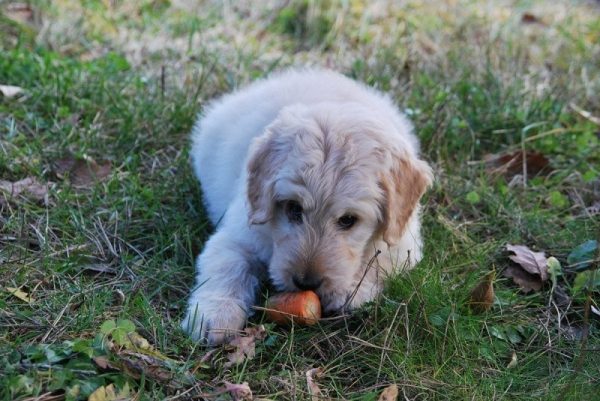
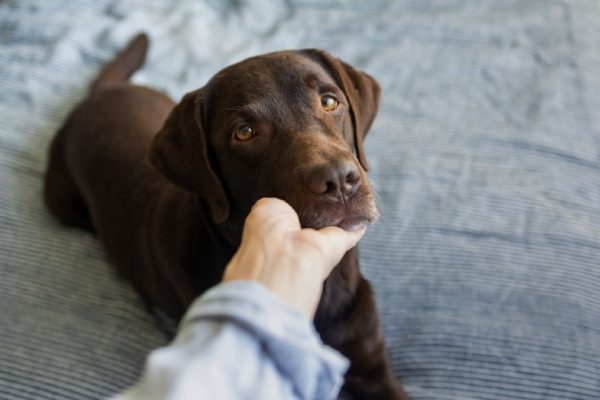


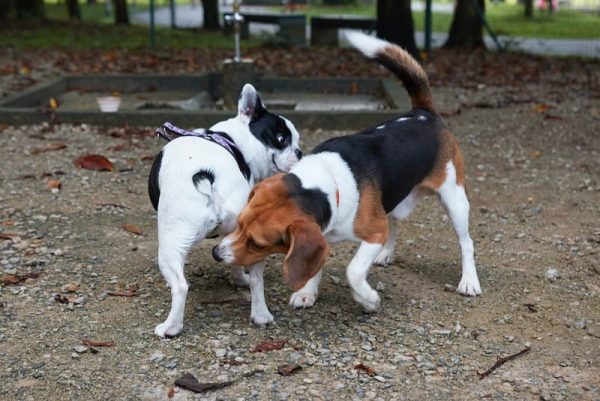
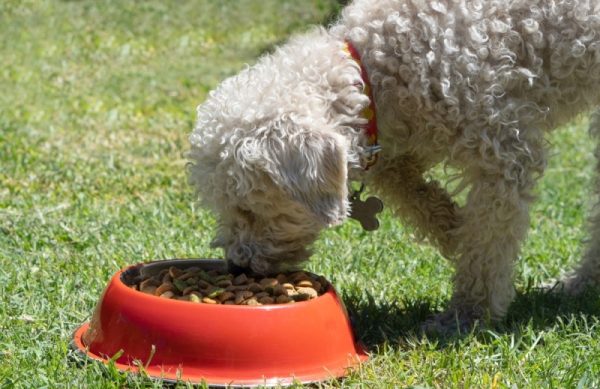
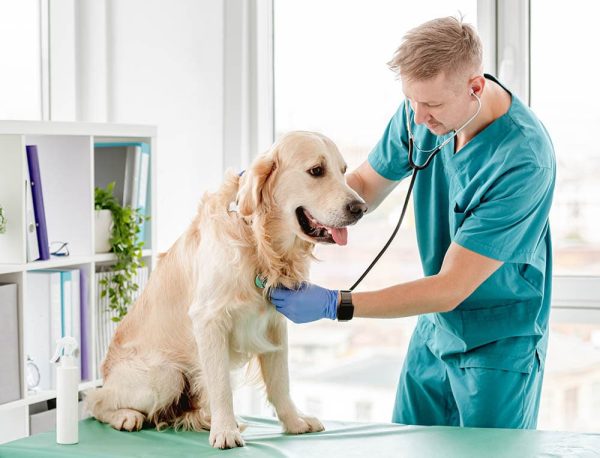



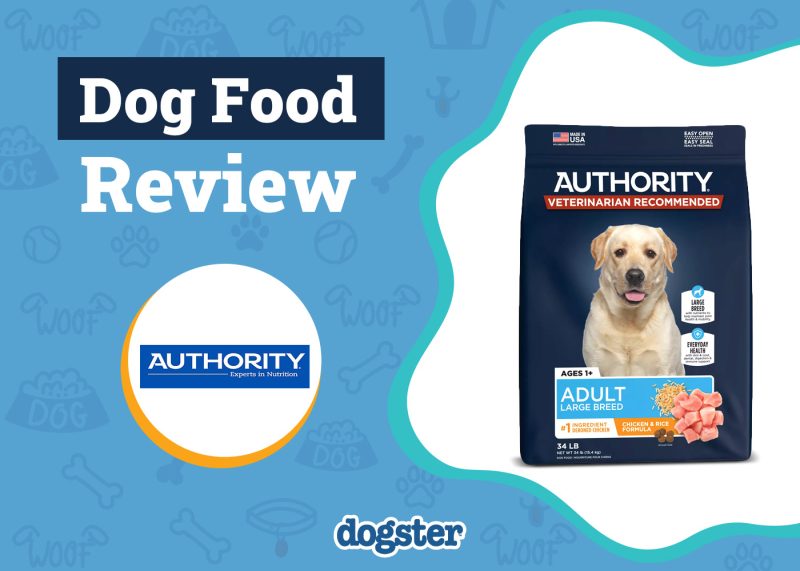
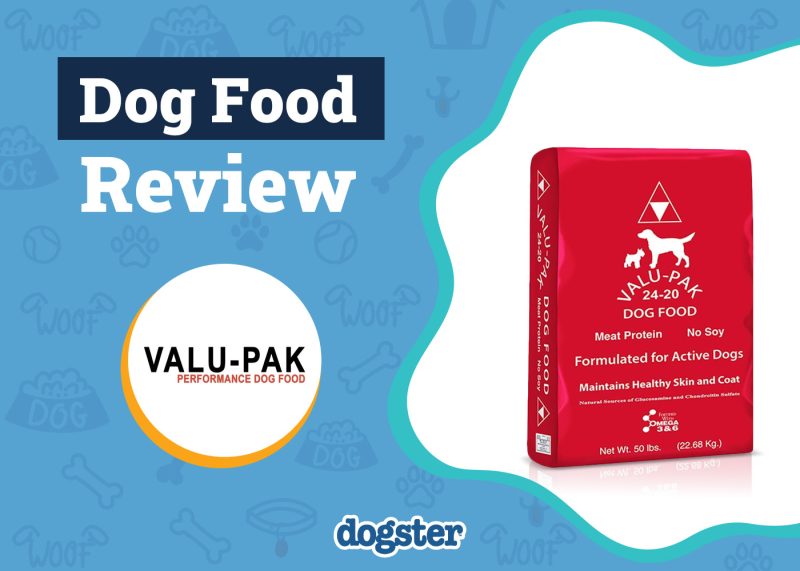




2 Responses
I am very interested in adopting a female toy poodle. What kind of supplies should I have on hand when I bring her home? I am an older, retired widow living alone… I have active travel and lifestyle that she could participate in.
Hello Teresa,
Thank you for your message. We're happy to hear that you are interested in adopting a female toy poodle! Poodles are known for being very intelligent, active, and can be great companions for a wide range of lifestyles.
To help you get started, here are some articles with tips on what supplies you'll need:
"24 Must-Have Products for Dogs": https://www.dogster.com/lifestyle/24-must-have-products-for-dogs
"New Puppy Checklist: 23 Vet-Approved Supplies": https://www.dogster.com/lifestyle/new-puppy-checklist
We also have this article, which you might find helpful as you prepare to bring your new companion home:
"How to Train a Toy Poodle: 5 Vet-Reviewed Tips for Success": https://www.dogster.com/dog-training/how-to-train-toy-poodle
We hope this helps you prepare for your new family member!